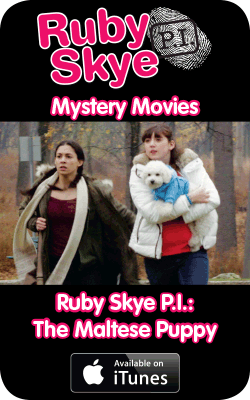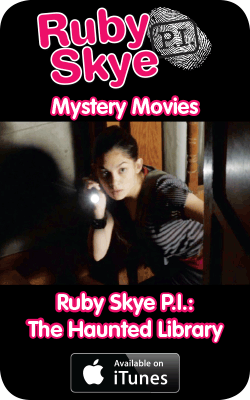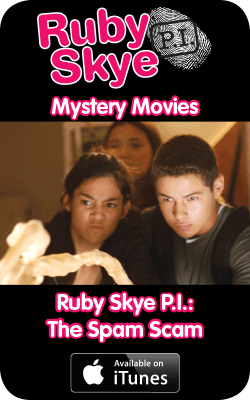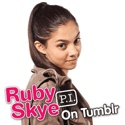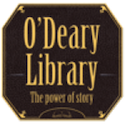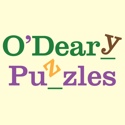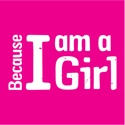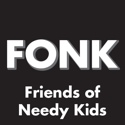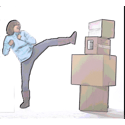Kids & Safety Policy
We love the web. We want you to love it too. It can be a great place for kids to hang out as long as you bear a few things in mind and follow some simple rules.
Here are things we think you should remember when you’re online:
- People aren’t always who they say they are. On this site, posts by Ruby aren’t by Ruby. She’s a fictional character. They aren’t even written by Madison Cheeatow, the actor who plays Ruby. Online, Ruby is written by Jill Golick and other professional writers. Sometimes, people put up profile pictures and names and pretend to be someone they aren’t. They say they are 12 when they’re 57 or that they are a girl when they’re a man. Keep this in mind: who you’re talking to might not really be who they say they are.
- Don’t share private information with people on the web. Not your address, phone number or your photo or anyone else’s. And don’t go anywhere with people you meet online.
- People online have REAL feelings. Most of the time, the people online are real and they have all the emotions that people in real life have. If you say rude, sexist, racist and other mean things you will hurt their feelings. Don’t.
- The web is a public place. Don’t do anything online that you wouldn’t do on a busy street or in front of the whole school. Everyone can see what you put on the web — your grandparents, teachers, your brother’s friends and that creepy guy who hangs around in the alley.
- The web is pretty much forever. Don’t post anything that you don’t want your mother, future spouse, future employers or university admissions officers to see. You may think you can take it down from the web, but there may still be a record of it somewhere.
- The virtual world is the real world and the same rules apply. Even when you’re online, cheating, stealing and cruelty are wrong.
- Virtual life isn’t a replacement for real life. As much fun as it is to be online, you still need to go outside and breathe fresh air, get exercise, hang out with people in person and get your homework done. Balance is important. Make time in your life for everything.
- Parents and other grownups don’t always understand the online world. Be their guide… and be nice about it. Take the time to introduce your grownups to the tools, games and sites you use online. Explain how you use the web and what rules and principles guide you online. Let them know why you think you’re smart and safe when you’re online. Keep them in the loop. Facebook has a pretty good Media Agreement for Parents and Teens that can help you get the conversation started.
- Not everything you read online is true. There’s a lot of misinformation disguised as truth. There are many rumours and urban legends. Double check before you take anything as fact.
These are some of the online do’s and don’ts that we recommend.
- Protect your privacy. On social networks like Facebook, YouTube and Bebo, set your privacy settings high so only people you are already friends with can see your photos and read what you post. Don’t put private information like your address and phone number anywhere online, not even on your Facebook profile.
- Protect other people’s privacy. Don’t put other people’s private information online.
- Protect your reputation. Don’t post or send photos you wouldn’t want your teachers, grandparents or future in-laws to see. Don’t post comments that include swearing or thoughts that will offend people or could be misunderstood.
- Don’t be mean, racist, sexist or cruel.
- Don’t cheat, flame, bully or steal.
- Tell an adult about anything that happens online that makes your uncomfortable, unhappy or worried. Tell an adult if you’re bullied, stalked or asked for personal information. If you have no one else to talk to contact the Kids Help Phone.
- Double check information you find on the web.
- Use the power of the web to do good. Protect the environment. Help other people. Make the world a better place.
Thank you for reading our safety policy.

